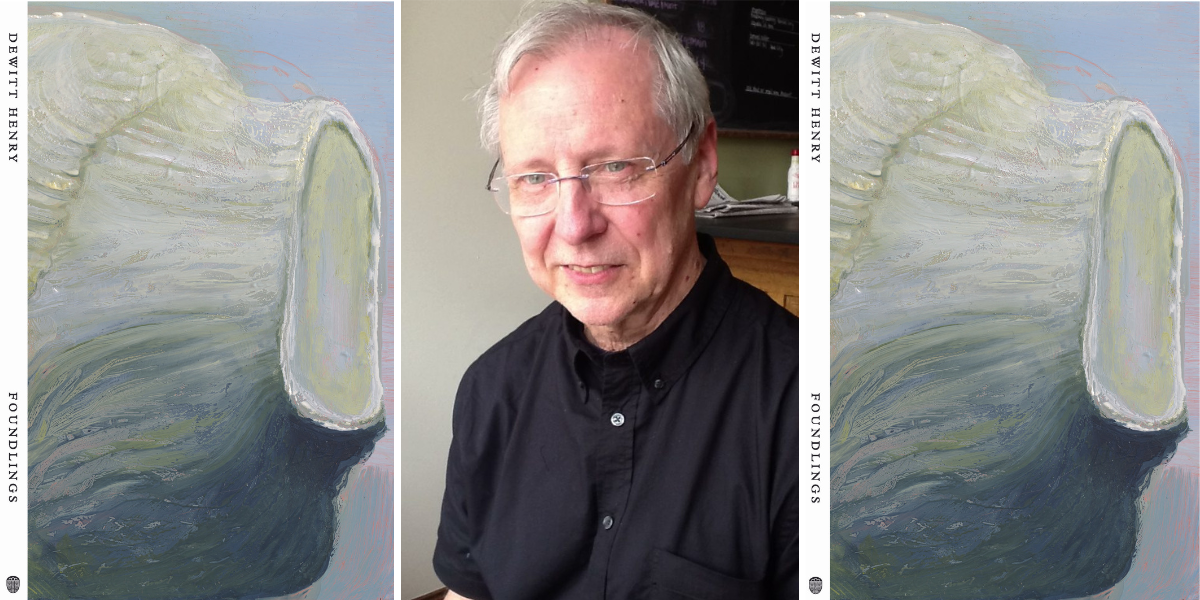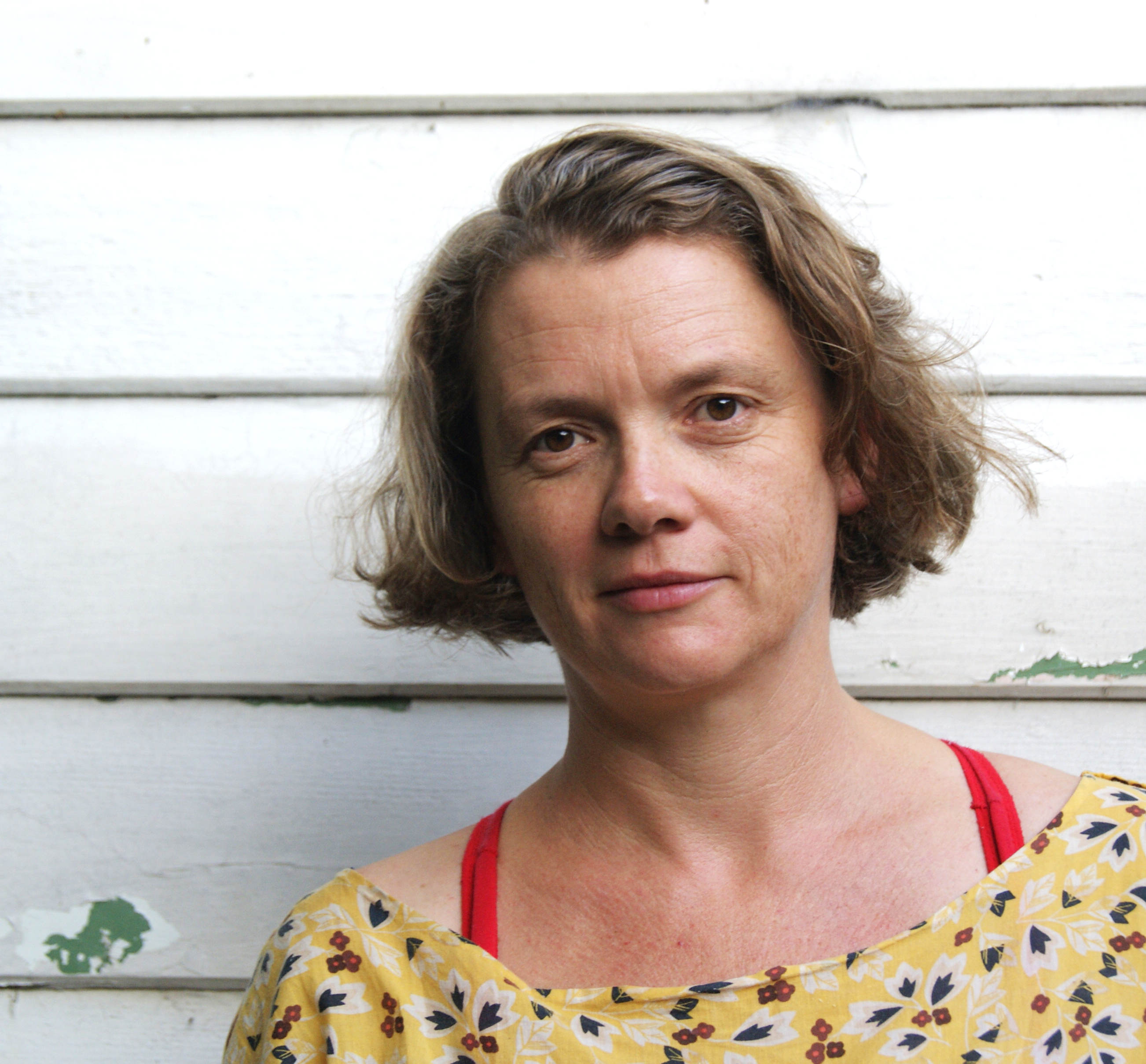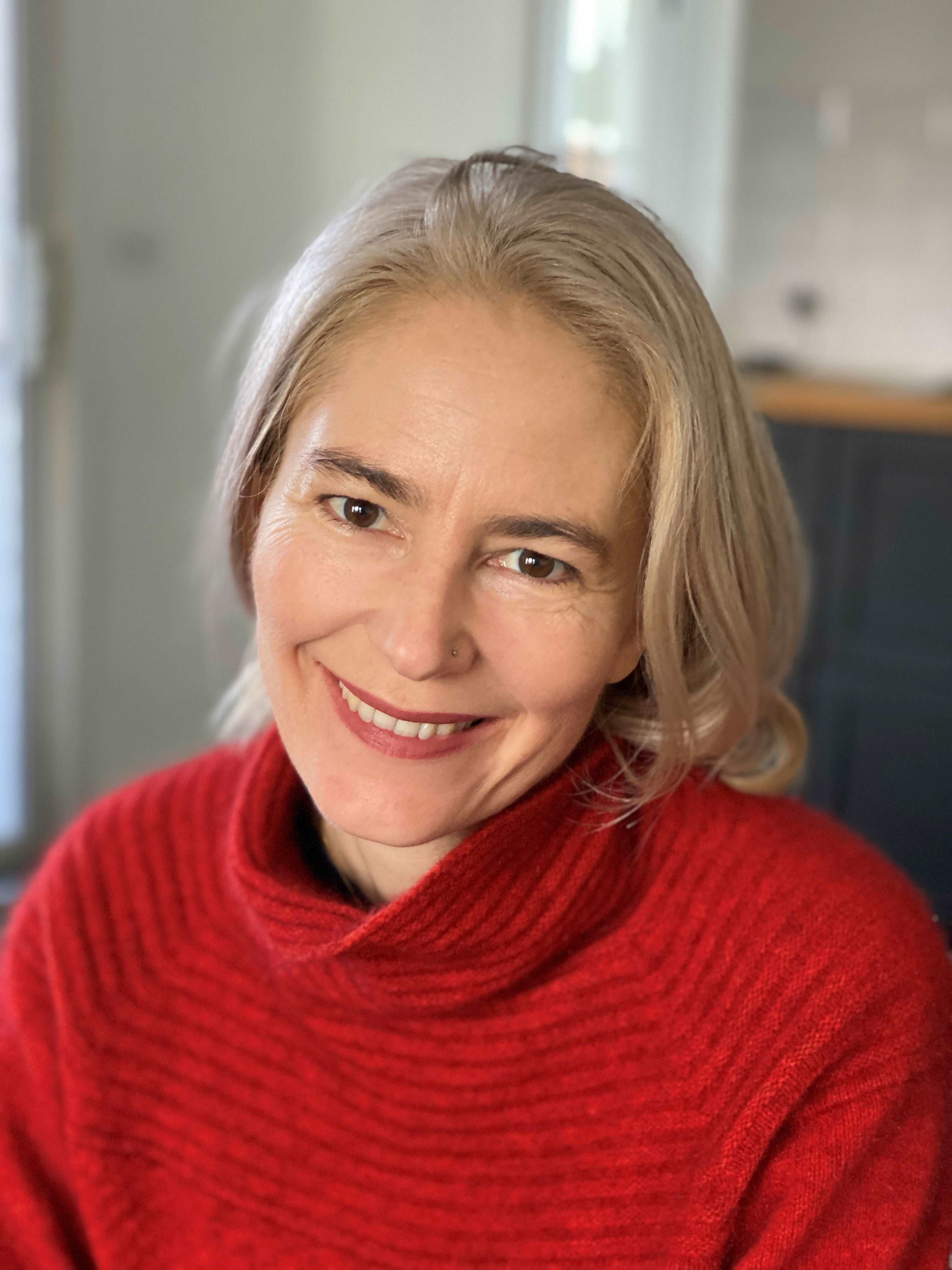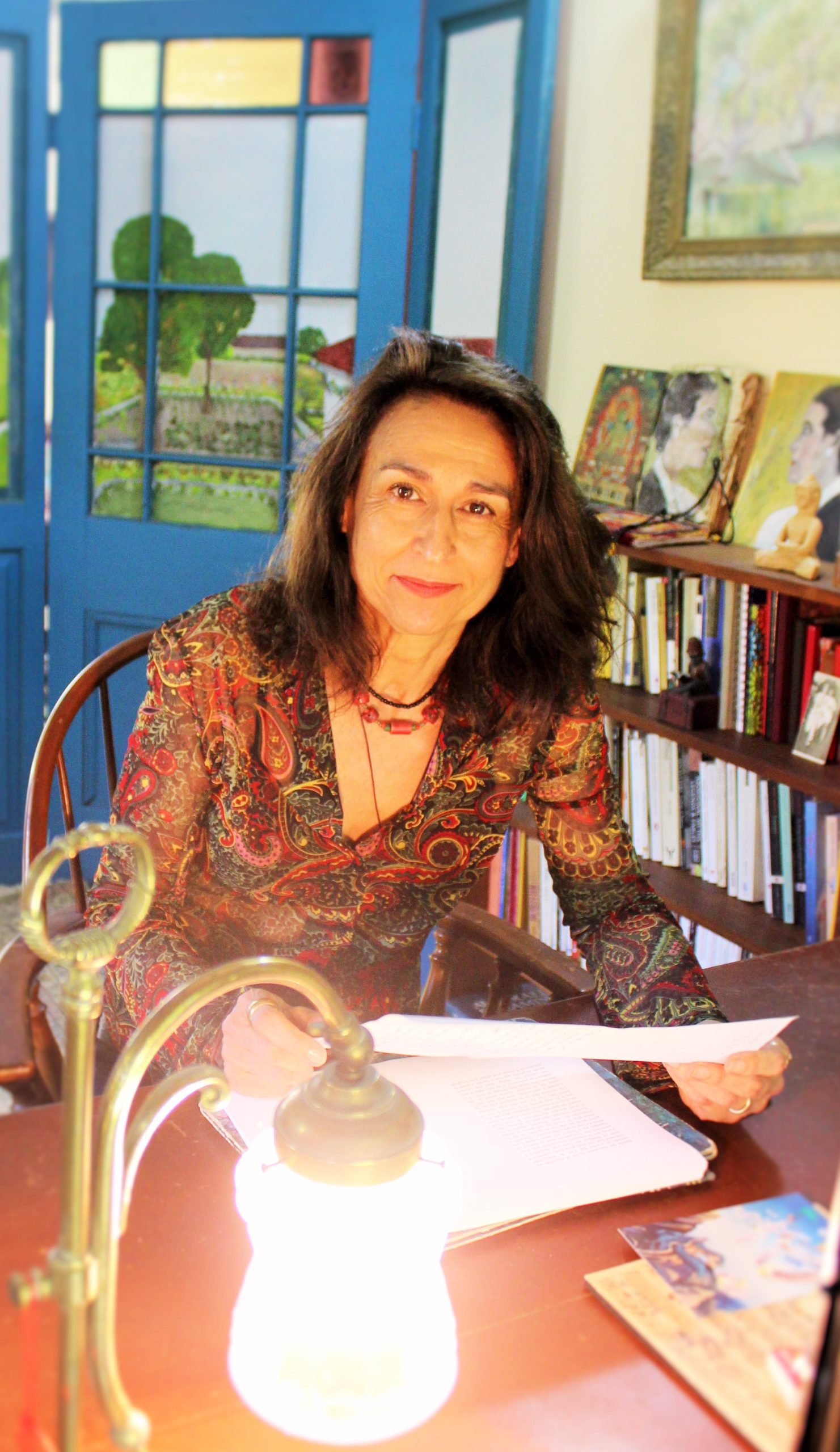1. How would you describe Foundlings?
A sampler of passages by 36 prose masters ranging from Tolstoy to Jamaica Kinkaid, here transformed into self-standing poems about loneliness, courtship, grief, war, the bell-jarring of women, capitalist and racist exploitations of the needy, the value of art itself, and other timely matters. My found poems serve both as an homage to my sources and as a journey in collage.
2. What drew you to write this poetry?
After retiring from teaching and editing, and after decades of writing fiction and memoir, I heard my personal home library calling to me, especially in favorite passages. I had begun experimenting with associative play in my collection of lyrical essays, SWEET MARJORAM, which in turn led to my writing poems like essays. I had also grown impatient with the drone of prose and wanted to isolate essential moments. I enjoyed how a narrative, a memory, an image could be epitomized. How lines became verses and verses became stanzas, how blank spaces or “silences” could serve like a frame for painting or photograph; how punctuation, meter, stress and pauses created emphasis and voice.
3. Tell us a bit about the experience of writing this book…
One poem led to another, intuitively, and though their challenges increased, nothing was labored. Editors warned me about using copyrighted material, so I turned to older works by Jonathan Swift, Samuel Richardson, and George Eliot. One passage seemed to suggest another; themes interwove. Point demanded counterpoint. And at the end I felt that I had assembled a fresh statement. There was irony, humor, moral searching, skepticism, and music. And I was regularly encouraged by reading the poems on LIT BALM, a biweekly interactive livestream reading series on Zoom, co-moderated by Life Before Man poets, Cassandra Atherton and Marc Vincenz.
4. Who is this book for?
The general reader – both readers familiar with my sources from British and American literature and those who might be moved to seek them out for the first time. Also to writers, critics, and students of creative writing and literature.
Thanks to editor and artist Phil Day, the book’s design emphasizes space and helps the reader to reflect on each poem as a poem, as well as on the differences of tone and how one poem plays against another. The book is great for dipping into as well as enjoying as a linear whole
5. When (or where) would be the perfect time (or place) to read this book?
When weary of TV and film, the reader feels a need to explore words, stories, and literary dimensions again. I like to think it is fun to read aloud, and perhaps to reflect on your own preoccupations and favorite passages in books you love.
6. What prompted you to start writing poetry and when did you start?
I wrote poetry in college, where I was inspired by editing the literary magazine and studying poetry in literature classes. But I went on to become a novelist, memoirist, literature teacher, and editor myself. Although while co-founding and editing Ploughshares I read and worked editorially with many wonderful poets, both older and younger than me (Richard Wilbur, Seamus Heaney, Frank Bidart, Joyce Peseroff, Gail Mazur, Jane Shore, Bill Knott, Thomas Lux, et al), I didn’t “start” really until fifty years later, in retirement and with my family grown. I surprised myself, first by writing essays like poems, then poems like essays.
7. One thing you’ve learned the hard way when it comes to writing poetry?
Honor your impulses but follow up on play with the work of genuine discovery; condense and reorganize for power and drama; don’t be afraid to show learning, but never show off; treat every poem as a voice in a situation.
8. Best investment you’ve ever made in your writing?
Besides my marriage, family, and friendships, my library, and Ploughshares: a fully lived and examined life.
9. Where do you write?
My first-floor study at home, surrounded by books, and with a window overlooking my wife’s garden. I write on a desktop computer at a desk cluttered with papers and books in dyslexic disarray.
10. Favourite bookshop anywhere in the world?
The Grolier Poetry Bookstore, Cambridge, Massachusetts (USA).
Foundlings will be available in bookstores across Australia and New Zealand from November 2022 or purchase via our online store.





